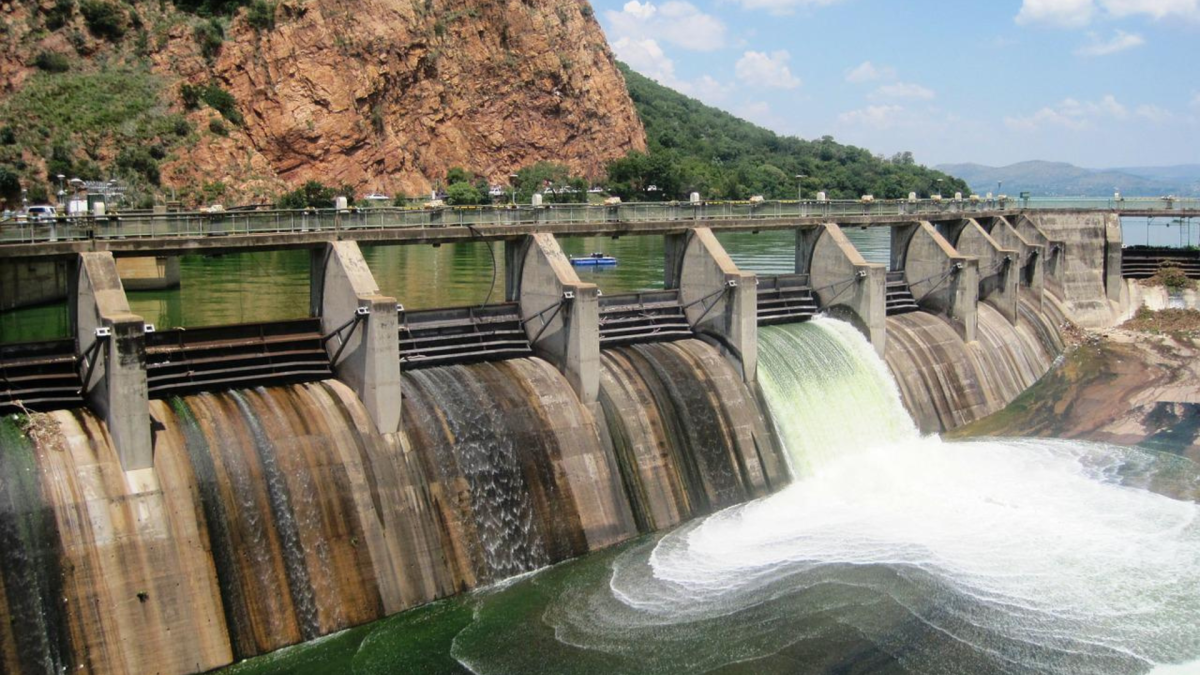Srinagar/Islamabad: India has initiated work to increase the reservoir holding capacity at two hydroelectric projects in the Himalayan region of Indian Illegally Occupied Jammu and Kashmir (IIOJK), sources familiar with the matter told Reuters.
This move comes after India suspended the water-sharing agreement under the Indus Waters Treaty due to heightened tensions with Pakistan.
This marks the first significant step by India to operate outside the terms of the Indus Waters Treaty, which has remained intact since its signing in 1960, despite multiple wars and conflicts between the two nuclear-armed nations.
The treaty has ensured that Pakistan receives water from the Indus River system, which is crucial for about 80% of its agricultural land.
However, the recent suspension of the pact follows an attack in IIOJK that resulted in 26 deaths, which New Delhi has linked to Pakistan, though Islamabad denies any involvement.
Pakistan’s Response
Pakistan has strongly condemned India’s move and warned of international legal action. Islamabad has also made it clear that any attempts by India to stop or divert the water flows belonging to Pakistan would be considered an “act of war.”
The situation has escalated with Pakistan’s concerns over India’s growing control over the rivers that are crucial for its irrigation and power generation.
The Reservoir Flushing Process
According to sources, India has begun a “reservoir flushing” process at the Salal and Baglihar hydroelectric projects, which involves releasing water from the reservoirs to remove sediment build-up, a common practice to maintain the efficiency of hydropower plants.
This process began on May 1 and is being carried out by India’s state-run hydropower company, NHPC Ltd.
The aim is to enhance power generation and prevent turbine damage, according to one source involved in the project.
While this work may not immediately affect Pakistan’s water supply, experts warn that similar projects in the region could eventually impact the flow of water.
Notably, these flushing operations are taking place for the first time at the Salal and Baglihar dams, which have been operational since 1987 and 2008/09, respectively.
Under the Indus Waters Treaty, such activities were previously restricted, as India was not permitted to take actions that could affect Pakistan’s water rights.
Concerns Over Future Water Availability
While the immediate impact on Pakistan’s water supply may be limited, there is growing concern about the future implications of India’s actions.
The flushing process, which involves nearly emptying a reservoir to clear sediment, can lead to significant water wastage.
This could pose problems for downstream countries like Pakistan, which relies heavily on the flow of water from rivers originating in India.
The Salal and Baglihar projects, which have a combined power generation capacity of 1,590 MW, have faced issues due to sediment build-up, reducing their output.
Read More: China Greenlights Construction of World’s Largest Hydropower Dam in Tibet
According to the sources, Pakistan’s concerns over water usage restrictions in the past had prevented such flushing operations, which are now being undertaken by India to improve power generation efficiency.
The Indus Waters Treaty and Water Disputes
The Indus Waters Treaty, signed in 1960, divides the Indus River and its tributaries between India and Pakistan, with India controlling the upper rivers and Pakistan having rights to the lower ones.
India is allowed to build hydropower plants on these rivers, but it is restricted from creating large storage dams that could significantly reduce the flow of water to Pakistan.
As a result, India’s recent actions have raised alarms in Pakistan, which fears that these moves could reduce its share of the river water.
While India claims that it is acting within its rights under the treaty, it has expressed interest in renegotiating the agreement in recent years.
The Modi government has been keen to reassess the treaty, particularly concerning the size of the water storage areas at projects like Kishenganga and Ratle hydroelectric plants.
These issues are also the subject of disputes at the Permanent Court of Arbitration in The Hague.
Implications and Future Tensions
As tensions between India and Pakistan continue to simmer over water rights, experts emphasize that India’s actions could have long-term consequences for both countries.
The suspension of the Indus Waters Treaty and India’s new moves to enhance hydroelectric project operations could lead to a new phase of conflict over water resources in the region.
This, in turn, could further destabilize relations between the two nations, which have already fought several wars over Kashmir since their independence in 1947.
Also Read: India Violates Indus Water Treaty Many Times, Report
The situation remains fluid, and it is unclear how Pakistan will respond to India’s actions moving forward.
However, both sides have expressed their determination to protect their water rights, and experts warn that the growing pressure on the Indus Waters Treaty could have far-reaching geopolitical consequences.
READ MORE: Govt Warns India of Strong Retaliation Over Water Blockade Threat









